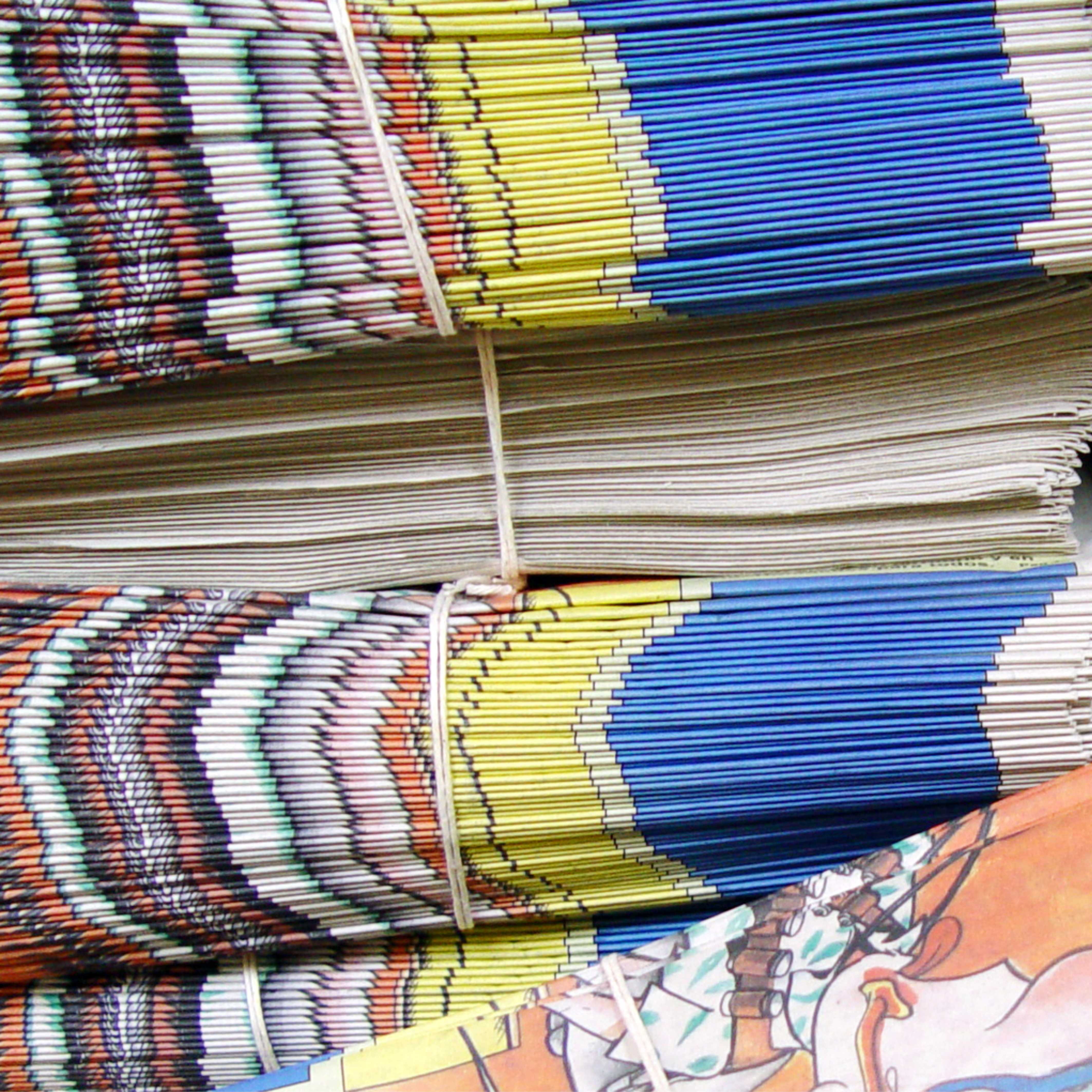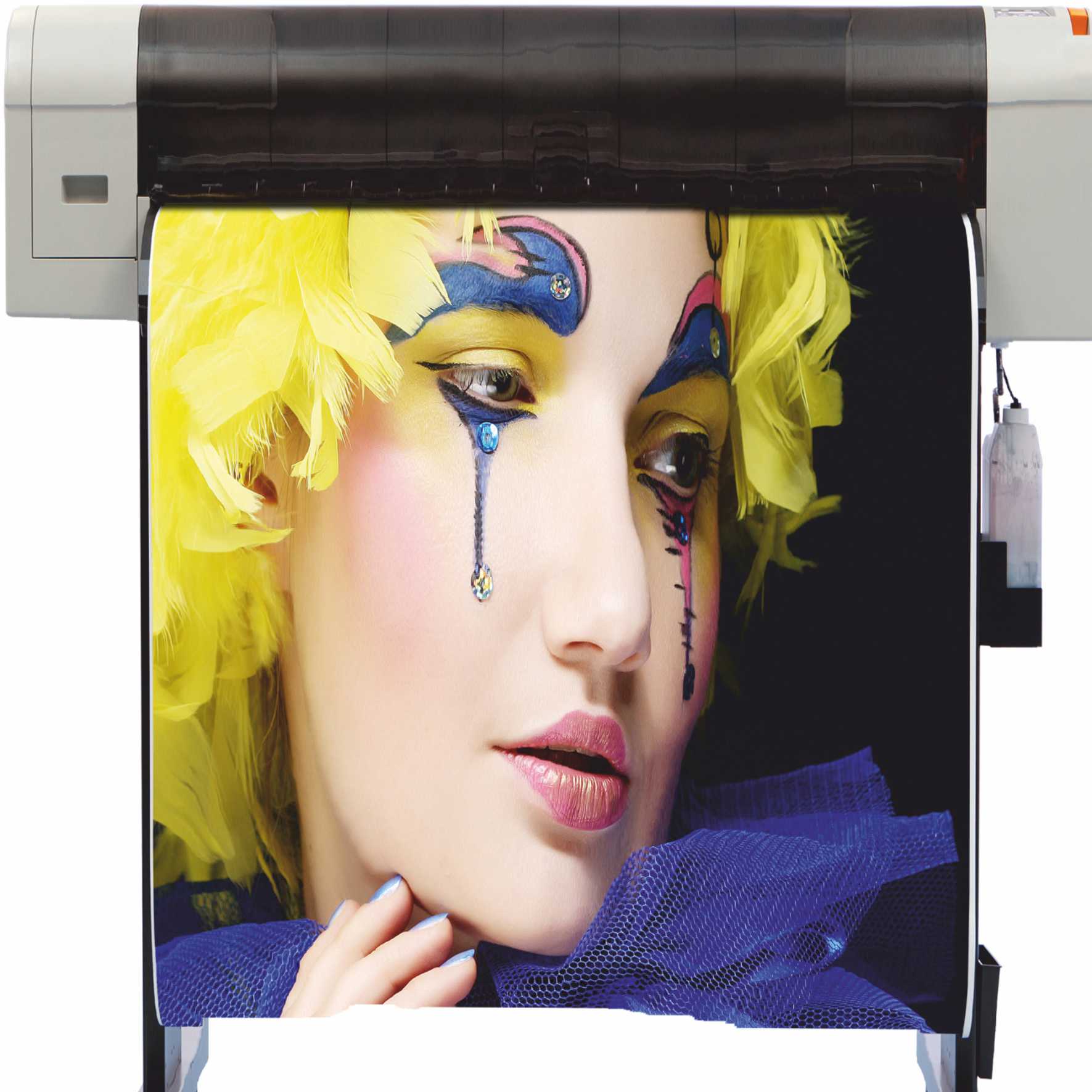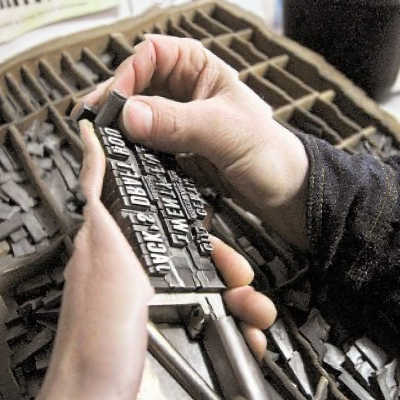 Well, based on a recent study just completed by the USC Annenberg Centre for the Digital Future, most US newspapers will not be available in printed form by 2016 .Even in Ireland virtually every newspaper has its own “online” edition and the answer is simple. We spend more time using digital technology to access information and news already and our lifestyles also have changed with access to information and communication available 24/7 with the emphasis on instantaneous availability.
Well, based on a recent study just completed by the USC Annenberg Centre for the Digital Future, most US newspapers will not be available in printed form by 2016 .Even in Ireland virtually every newspaper has its own “online” edition and the answer is simple. We spend more time using digital technology to access information and news already and our lifestyles also have changed with access to information and communication available 24/7 with the emphasis on instantaneous availability.
The report discussed whether America had hit the "digital turning point" and went on to examine the function of new digital technologies in American politics, media, communication and lifestyle in the States in general.
Some key points from the report included:
- Print circulation continues to drop resulting in newspapers ceasing print operations
- Size is a deciding factor
- Papers like The New York Times, The Washington Post, The Wall Street Journal and USA Today could still continue to print due to their readership numbers
- Local weeklies with low overheads and dedicated readers could also keep their printed editions.
The emphasis seems to be a mix of cost (dropping circulation), instant news, and a trend that many of us can’t see yet, a “blurring” of the separation been private leisure and working time. In other words we are becoming accountable and accessible for work all the time now!
Other key factors that emerged from the report was that although Americans receive information from social media like Facebook and Twitter, many people consider this to be unreliable and untrustworthy. I think that the same would apply here.
So it boils down to the fact that people still want “trustworthy” sources of information which is verified and published from trusted sources.
Journalists will still be needed, that’s a fact! The only real difference will be that in a few years time most, if not all, of their work will be online.
http://www.digitalcenter.org/pages/current_report.asp?intGlobalId=19
Copyright © 2011, DPNLIVE – All Rights Reserved
 Symeta installed the first HP T400 Color Inkjet Web Press in Europe
Symeta installed the first HP T400 Color Inkjet Web Press in Europe
HP has just announced that Symeta, part of the Colruyt Group, a leading retailer and supermarket chain with operations spanning Belgium, France and Luxemburg, has installed the first HP T400 Color Inkjet Web Press in Europe. The investment was made to help drive production of personalised, targeted communications for the company.
Symeta is located in Belgium and operates as a full service print and document management company.
Philip D'hooge, General Manager of the company said, "Our HP T400, which was installed in October 2011, and the soon to be installed second HP Inkjet Web Press, the HP T200, are real breakthroughs in printing technology. Both presses will provide the ideal solution to help drive targeted communication forward due to their high productivity and cost-effective, high-quality output."
The HP T400 can deliver nearly 5,000 A4 pages per minute with a colour quality that closely matches that of offset. The printer also has data-driven technology enabling 100% personalization as well. Symeta believes it’s this mixture of high productivity, colour quality and personalization that make the HP T400 solution so unique.
"The combination creates a powerful and effective tool that helps drive a higher response rate from the recipient, which can result in increased ROI,” said D'hooge. “Targeted communication such as this can also cut down the unnecessary wasted paper, ink and postage costs associated with receiving irrelevant or unwanted information.
With the new HP technology up and running, Symeta aims to expand the applications it provides.
"Our vision for the future is to work with our customers and HP to grow our one-to-one solutions in Europe and achieve new levels of targeted direct marketing and transactional communication," he explained. "It's about sending the right message to the right person through the right channel and at the right time. That's the concept. By combining the strengths of the latest digital printing technology from HP with bespoke, high-quality print and document management solutions, we're able to simplify and improve the way our customers receive, manage and send communications."
The HP T400 press has been installed at Symeta's brand new state-of-the-art 15,000 m2 production site in Sint-Pieters-Leeuw, near Brussels. This latest HP Inkjet Web Press is designed for high-volume, high-speed production of customised materials. With a scalable print width of up to 1060 mm, the HP T400 prints up to 183 meters per minute and the new, advanced web tension controls and dryer systems helps provide reliable, fast and consistent productivity.
Symeta also plans to install another press, the HP T200 Color Inkjet Web Press in December 2011 designed to support smaller, shorter-run applications. The HP T200's print width is up to 521mm wide and duplex speeds up to 61 metres per minute in colour and 122 meters per minute in monochrome.
D'hooge concluded:
"We have an extensive customer base that includes a number of high-profile brands, so consistent, high-quality products and a forward-thinking approach is paramount to ensuring customer satisfaction. Therefore, to follow the trends and meet the future needs of our customers, we found that investing in inkjet technology would be the next logical step. However, our new alliance with HP brings more than cutting-edge technology to our business. HP offers training, inspiration and they engage themselves in the development of new applications, supporting us in the growth of our business."
Symeta
Tel: 0032 (0) 2 360 01 90
Copyright © 2011, DPNLIVE – All Rights Reserved
Yavne, Israel, November 28 2011
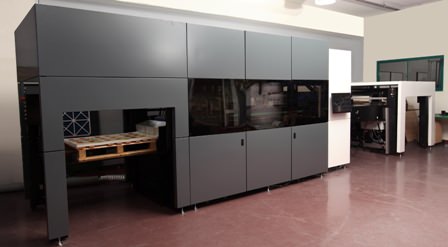 The Highcon EuclidHighcon a young company based in Yavne, Israel has announced that it has developed an innovative machine which it claims will revolutionise the folding carton packaging market. The company says that by eliminating the need for conventional dies its new machine will herald in the arrival of a new Direct-to-Pack digital solution. The machine, named the Highcon Euclid, is the result of extensive development work by company founders Aviv Ratzman and Michael Zimmer. Both are highly experienced professionals in the digital print market, working initially with Indigo N.V. and latterly HP. Key to the this unique machine is the fact that it uses precision laser optics and polymer technologies to transform cutting and creasing from an analogue to a digital workflow, thereby dramatically streamlining the finishing process.
The Highcon EuclidHighcon a young company based in Yavne, Israel has announced that it has developed an innovative machine which it claims will revolutionise the folding carton packaging market. The company says that by eliminating the need for conventional dies its new machine will herald in the arrival of a new Direct-to-Pack digital solution. The machine, named the Highcon Euclid, is the result of extensive development work by company founders Aviv Ratzman and Michael Zimmer. Both are highly experienced professionals in the digital print market, working initially with Indigo N.V. and latterly HP. Key to the this unique machine is the fact that it uses precision laser optics and polymer technologies to transform cutting and creasing from an analogue to a digital workflow, thereby dramatically streamlining the finishing process.
Aviv Ratzman, Highcon's CEO said:
“Over the past two decades we have witnessed key areas of the supply chain becoming digital, but packaging finishing has remained analogue. Converters and their customers have been unable to benefit from the speed and flexibility that digital solutions could provide to finishing. But this is about to change."
The main investors in HIGHCON include Landa Ventures, the investment company owned by the Indigo N.V. founder Benny Landa, and Israbieg, the largest die supplier in Israel, as well as other print industry players.
Benny Landa commented on Highcon's game-changing concept:
"I believe that Highcon will do for the folding carton market what Indigo did for print - and the industry will be changed forever,” he said.
Highcon have stated that its digital converting solution dramatically increases speed to market which is a critical element in today’s fast moving environment. The company also highlighted the fact that the Highcon Euclid will eliminate costly production steps and furthermore reduce the carbon footprint of packaging production as well as driving numerous new packaging opportunities for converters, packaging printers and brand owners.
Chris Baker, Highcon VP Sales and Business Development, said: "We have been developing our product with input and advice from a number of top converters around the world to ensure that we meet the market needs. We are confident that this technology will change the face of packaging finishing."
The Highcon Euclid will be formally launched and demonstrated at drupa 2012, in Düsseldorf, Germany.
{youtube}F3gSPSHk_54|450|300|1{/youtube}
Copyright © 2011, DPNLIVE – All Rights Reserved
21st to 24th November 2011
Bob Tallent
The Synergy Group
24th November 2011
 This weeks highlights on the international scene include: America’s banks are undergoing stress tests like those in Ireland, Thomas Cook saw its share price collapse, James Murdoch has stepped down from the boards of the subsidiaries that operate News Corporation’s British newspapers, and in Europe, bond yields maintained almost unmanageable levels on Spanish and Italian government debt and crept up for other countries, especially Belgium and France.
This weeks highlights on the international scene include: America’s banks are undergoing stress tests like those in Ireland, Thomas Cook saw its share price collapse, James Murdoch has stepped down from the boards of the subsidiaries that operate News Corporation’s British newspapers, and in Europe, bond yields maintained almost unmanageable levels on Spanish and Italian government debt and crept up for other countries, especially Belgium and France.
Read more:
- America’s banks are undergoing stress tests like those in Ireland. They must assess whether they can maintain a Tier-1 capital ratio of 5% under a hypothetical economic scenario that includes America’s unemployment rate reaching 13%.The six largest banks will also have to demonstrate that they can withstand a severe global financial shock similar to the scale of that in 2008, but with the addition of a financial meltdown in Europe. I hope not.
- Also on US banks and unlike Irish banks, they have made a collective profit of $35 billion for the third quarter – 48% up from the same quarter in 2010. That is $538,461,538 for every working day or $14,957 for every working second. Like Ireland, they increased their income by putting less money aside to cover bad loans, rather than expanding lending.
- Staying in America, the American economy didn’t perform quite as well in the third quarter as had been planned. Their GDP grew by an annual rate of only 2%, their first estimate had projected 2.5%. Nevada’s unemployment rate is still the highest at 13.4%. Unemployment fell in 36 states in October, and rose in five.
- The Indian rupee has depreciated rapidly in the past three months falling to a record low against the dollar. There are doubts about the strength of India’s economy and a slump in foreign direct investment.
- It is planned that in January 2013, the Tokyo Stock Exchange would merge with the Osaka Securities Exchange, which focuses on derivatives, creating the world’s third-biggest stock exchange. Sceptics wonder if the new company will be an effective international player among the other big exchanges. Let’s wait and see.
- After it sought to negotiate a second round of debt financing within a month and delayed the publication of its annual results, the travel company, Thomas Cook, saw its share price collapse. Even though the company can trace its British roots to 1841, its founder, also Thomas Cook, who transported people to temperance rallies, is struggling at the cheaper end of the European holiday market.
- James Murdoch has stepped down from the boards of the subsidiaries that operate News Corporation’s British newspapers. He faces questions from a parliamentary committee about his previous testimony on phone hacking and he stays on as chairman of News International, News Corp’s British newspaper division.
- Nokia Siemens Networks said it would cut 17,000 jobs because the network-equipment maker is restructuring its business to focus more on broadband infrastructure.
- The drugs company best known for its treatments for HIV, Gilead Sciences, said it would buy Pharmasset in an $11 billion deal. Phasmasset develops drugs to combat viral infections. It is working on new products for people with hepatitis C that can be taken in a single go instead of the several daily medications that are currently required and has no medicines on the market at the moment.
- Merck is plagued with problems. It is paying out $5.85 billion, part of which includes $4.9 billion to settle lawsuits from patients. The company reached a settlement with the American government over Vioxx, its best-selling painkiller pulled from the market in 2004 because it was found to increase the risk of heart attacks and strokes It is to pay a $322m fine and a further $628m to conclude civil charges. Merck agreed to plead guilty to a misdemeanour related to the marketing of Vioxx to doctors.
- In one of the biggest leveraged buy-outs since the start of the financial crisis, a consortium led by Kohlberg Kravis Roberts agreed to buy most of Samson Investment, a privately held oil and gas exploration firm, for $7.2 billion. Samson owns drilling rights in several shale-gas formations, including in North Dakota.
- In Europe, bond yields maintained almost unmanageable levels on Spanish and Italian government debt and crept up for other countries, especially Belgium and France. The euro zone crisis increased as banks struggled to obtain credit in the markets, forcing more of them to borrow from the European Central Bank. Germany also had its problems, when it was only able to sell 60% of ten-year Bunds it issued at an auction, though the low yield of 1.98% may have been a factor in turning off investors.
- Groupon’s shares fell well below the price of $20 a share the internet company set at its initial public offering earlier this month. Questions remain about the company’s competitiveness in the crowded market for discounting online. It floated only a small portion of its stock, making it more vulnerable to price volatility.
Copyright © 2011, DPNLIVE – All Rights Reserved
Clays renews its POD solution with investment in Ricoh’s Digital Book Printing
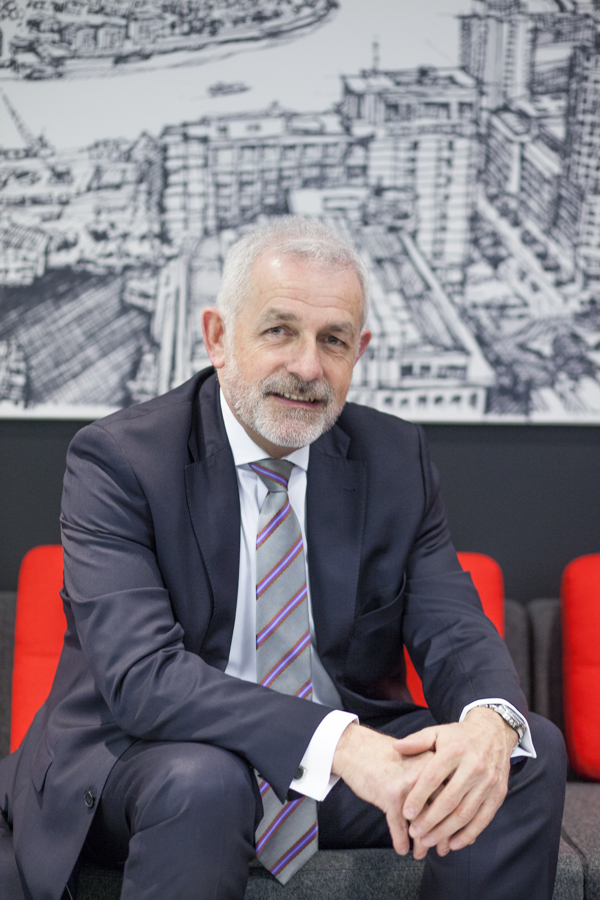 Stephen Palmer, head of production print, Ricoh UK and IrelandLeading European book printer Clays is the first major industry player in Europe to sign up for Ricoh’s latest print on demand book production solution.
Stephen Palmer, head of production print, Ricoh UK and IrelandLeading European book printer Clays is the first major industry player in Europe to sign up for Ricoh’s latest print on demand book production solution.
KIIAN DIGITAL TO PRESENT DIVERSE TEXTILE APPLICATIONS ACHIEVABLE WITH ITS ECO-FRIENDLY SUBLIMATION INKS AT ITMA ASIA
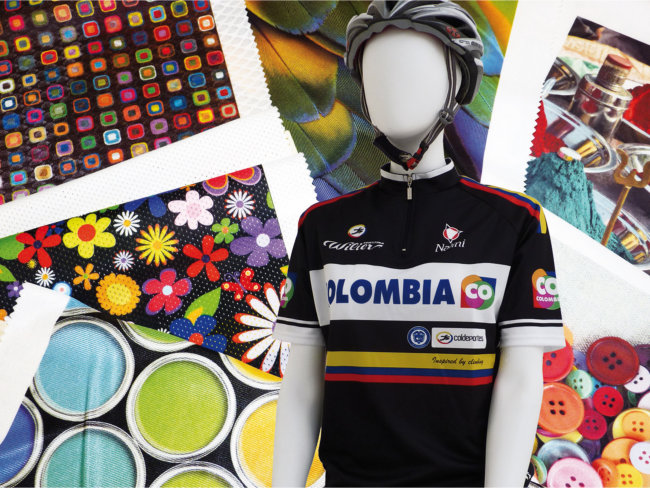 Kiian Digital will demonstrate the sustainability of its vast portfolio of sublimation inks at ITMA Asia
Kiian Digital will demonstrate the sustainability of its vast portfolio of sublimation inks at ITMA Asia
Kiian Digital announced on 26 September that it will showcase its advanced eco-friendly sublimation inks designed for industrial textile printing at ITMA Asia (21-25 October 2016 – Hall H5 Booth C06).
New colour management product is the industry's first, complete DFE-based G7 calibration, verification and profiling solution for cut sheet digital presses
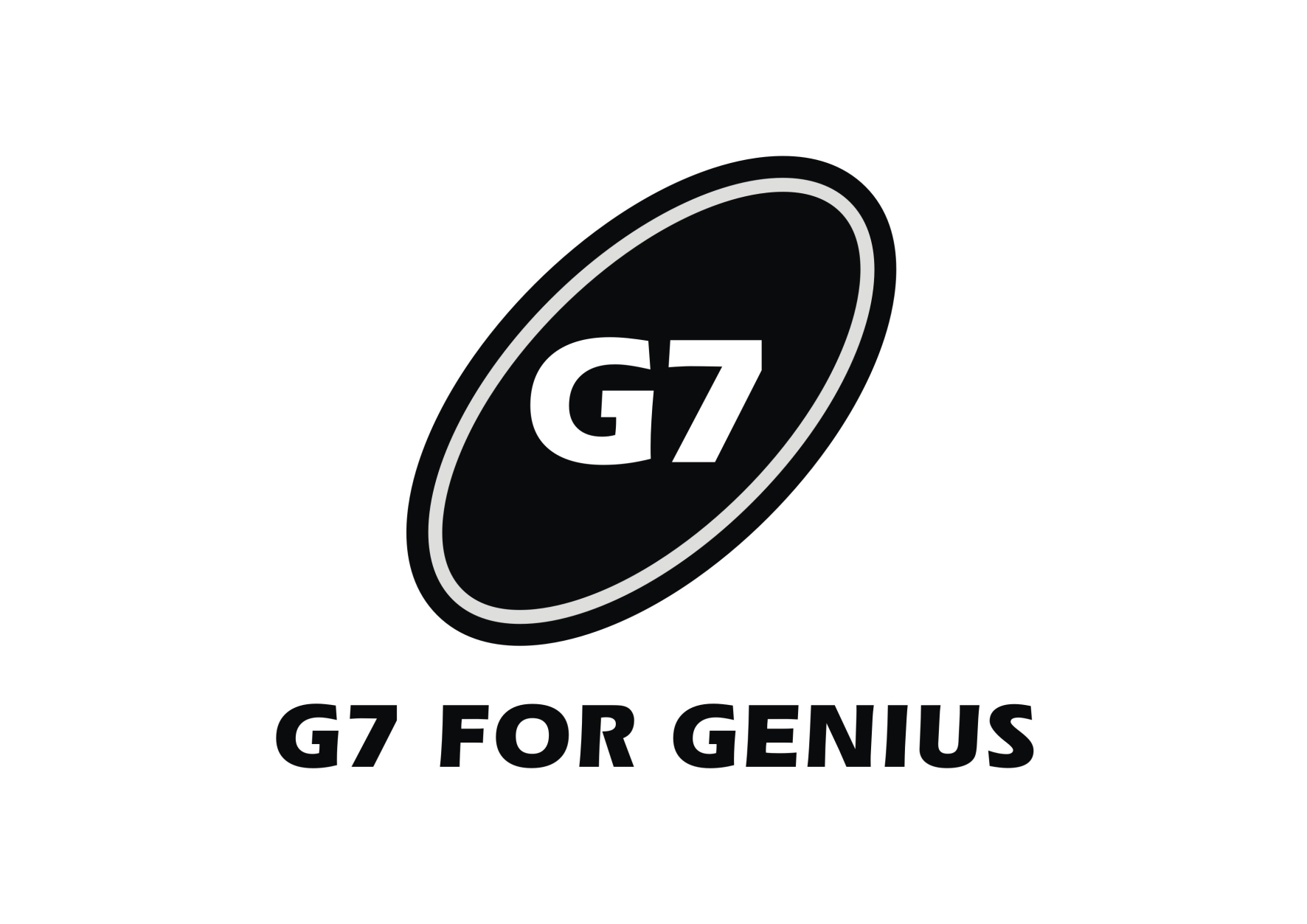 G7 System Certification
G7 System Certification
Electronics For Imaging, Inc. announced on 28th July that the EFI™ Fiery® Color Profiler Suite, version 4.9, was awarded G7® System Certification from Idealliance®.
Six year old Highcon added $42m of orders
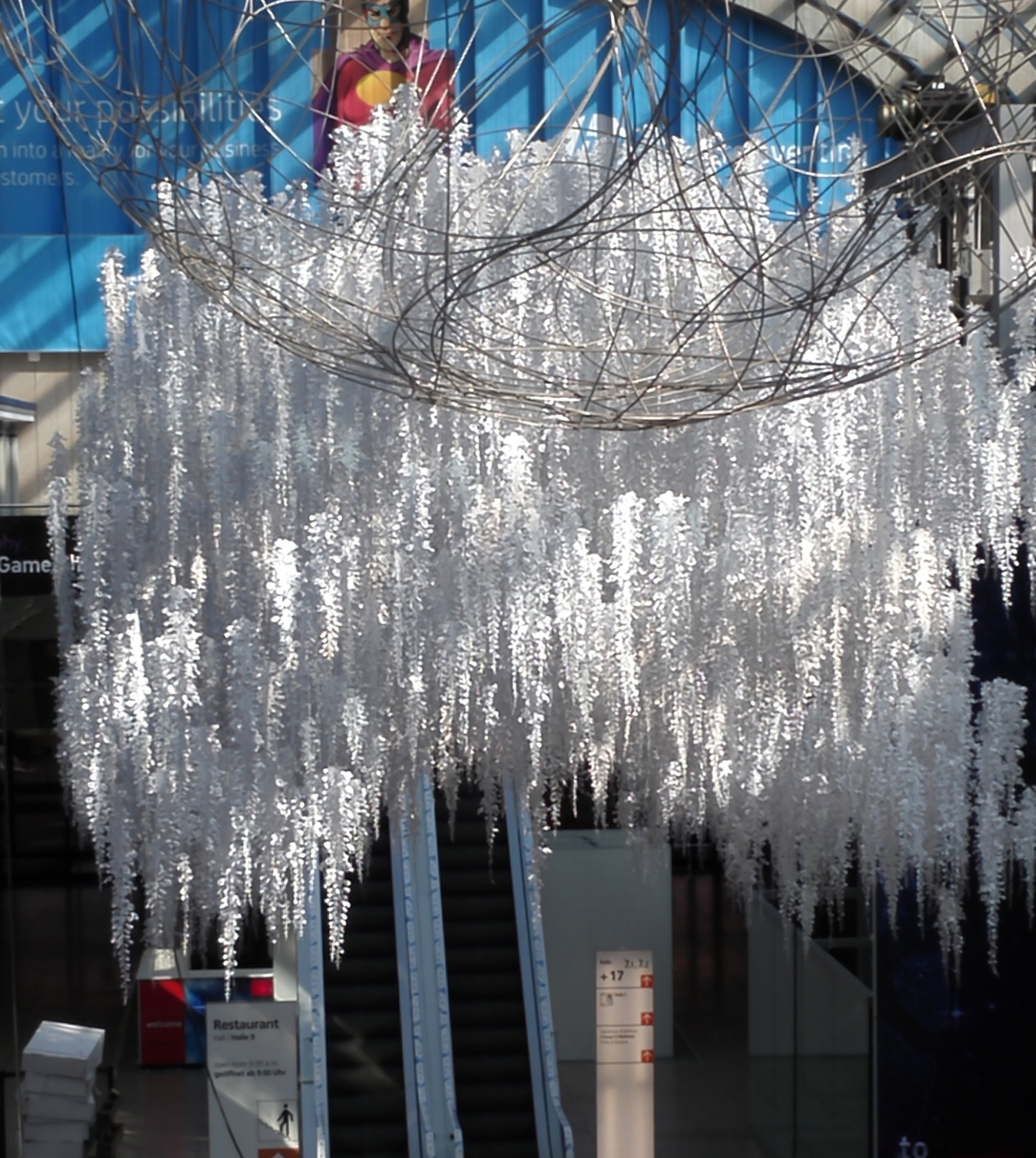 Highcon entrance display at drupa 2016Highcon had a surprising number of visitors at Drupa 2016 during which it took $42 million in orders. It says those orders will transform the company. It already has 30 machines installed in 15 countries.
Highcon entrance display at drupa 2016Highcon had a surprising number of visitors at Drupa 2016 during which it took $42 million in orders. It says those orders will transform the company. It already has 30 machines installed in 15 countries.
Company introduces fluorescent ink to its Texart Dye-Sublimation printing solution.
 Roland Fluor Color yellow
Roland Fluor Color yellow
Roland DG Corporation, a global manufacturer of wide-format inkjet printers and printer/cutters has announced details about the release of fluorescent ink specifically formulated for its Texart XT-640 and RT-640 wide-format dye-sublimation printers.

